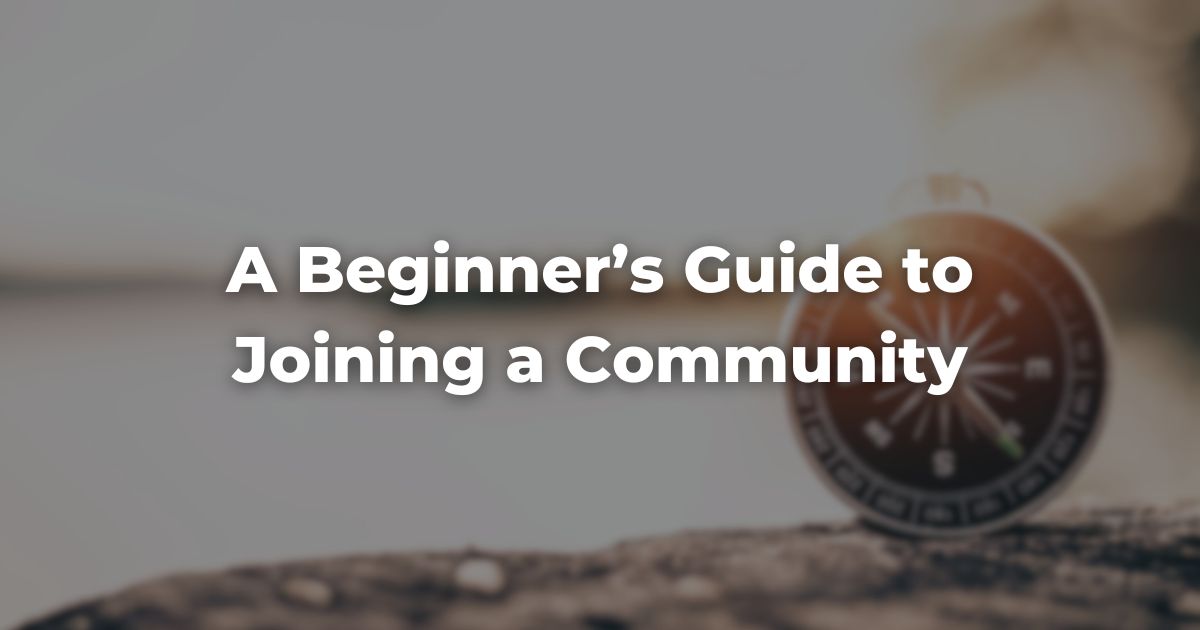The first time I prayed at a synagogue in person was in 2022 when I was 26. A friend needed me to help make a minyan for his mother’s yahrzeit, and he knew I was active in the Jewish community, “religious” even, despite never having attended a shul.
I’m still not sure whether it was my personality, my being on the autism spectrum, or the fact that I didn’t grow up going to a synagogue or Hebrew school—but something about it always intimidated me.
I first began to really embrace my Judaism in 2020, at the beginning of the Covid-19 pandemic. On weekdays, I would attend Zoom classes with amazing rabbis from all over the country. On Shabbat, I would pipe in services from a whole array of synagogues. With not much else to do, I’d go on long, long walks while listening to Jewish podcasts.
Truthfully, it all felt magical.
I always knew what time of the Jewish month it was because every night I’d be outside and under the moon, conscious of the world around me in ways I’d never experienced before. Eventually, though, the toll of living a solitary life started to catch up with me, and my mental health began to unravel.
Despite all the wisdom I thought I’d learned, I spiraled into misery. And it took a long time for me to regain the spiritual sensitivity I’d experienced previously, even though I knew what was wrong all along: I needed community. All of the tools at our disposal for experiencing Judaism digitally are truly amazing—they are! But they can only take us so far. A desert island with Wi-Fi is still a desert island.
With that in mind, here are some things I wish someone had told me when I tried to get into Judaism by myself. I went through this experience in my 20s, but I hope this advice translates for anyone looking to deepen their connection to community.
Find Local Social Organizations
The first thing that broke me out of my emotional slump was someone inviting me to my city’s Moishe House, which, if you don’t know, is a house where four or so post-college Jews host frequent events for peers in their age range. I was anxious at the thought of Shabbat services, but not as much by Shabbat dinners.
About a year later, I even moved into this Moishe House, which was really just the beginning for me. So often now, people would walk into my home who are interested in Judaism but have no idea where to start. Time and time again, I get to pass on the gift that I was given, of having a doorway into Jewish life.
Your area might have lots of different groups where Jews meet, in which case you’ll probably have to try out different things to find out which ones match your style. Or, your options might be limited. Either way, finding connection to others is essential.
Check out our community finder here.
Don’t Fear the Age Gap
Let’s face it. In most cities, when you go to a synagogue in your 20s or 30s, you’re likely to be one of the younger people there. Rabbis worry that this is off-putting, but, honestly, if you’re new and young, you’re about to be the most popular person in the room!
People of all ages will want to learn about you and tell you about themselves. I’ve davened (prayed) daily with older folks who have since died, and there are 2 to 5–year olds who are excited to see me each Shabbat morning. My shul is led by a husband-and-wife rabbi team, who in some ways have acted as a second set of parents to me.
Some areas of Jewish life are tailored to our specific place in the life cycle, and that’s great! Synagogue participation is so much about bringing the entire community together, which I find helps immensely with putting my life into perspective.
Don’t Be Freaked Out by the Hebrew
This was one of the hardest parts for me. I could detail all the ways I tried to overcome this worry—streaming lots of services, listening to Jewish songs, doing a Hebrew workbook, using Duolingo—but the main thing to remember is no one is judging you.
I think you’ll find that learning new Hebrew words at your own pace is actually fun and satisfying and opens up wonderful new ways for you to express your spirituality. At the same time, Jewish participation goes beyond the words we use. In reality, simply showing up wins you the vast majority of the battle.
Don’t Wait for the Invitation
Being encouraged to attend things is wonderful, and that was my way into communal Jewish life. But I don’t think anyone ever feels fully perfectly at home, wherever they are. This is not a bug of Judaism, but a feature. In our infinitely customizable culture, it’s tempting to always seek out exactly what we want—and, believe me, I often still do.
But when we daven with a minyan, we’re bringing together our differences, our dissonances, and our discomforts, realizing that who we are together transcends our personal preferences.
That friend whose mother died—I still often tell him how it was him asking me to make a minyan that turned me into a shul-goer. And I think about the fact that, if he hadn’t needed a minyan, maybe I never would have worked up the courage to go.
I’m drawn to the mishnahA collection of rabbinic teachings edited in Israel around 225 CE. Organized in six sedaraim by subject matter and dealing with both ritual and civil law. Both the Jerusalem and Babylonian Talmud are expansive discussions of the Mishnah. Read more in Pirkei Avot 3:6:
Rabbi Halafta of Kefar Hanania said: when ten sit together and occupy themselves with TorahRefers to the first five books of the Hebrew Bible, the Tanakh, also called the Five Books of Moses, Pentateuch or the Hebrew equivalent, Humash. This is also called the Written Torah. The term may also refer to teachings that expound on Jewish tradition. Read more, the ShechinahLiterally translated as “Presence,” while rabbinically, it is a term referring to God’s presence in the world. Its feminine form gave rise to the mystical expression of God’s feminine attributes. Read more abides among them, as it is said: “God stands in the congregation of God” (Psalm 82:1).
How do we know that the same is true even of five? As it is said: “This band of His He has established on earth” (Amos 9:6). How do we know that the same is true even of three? As it is said: “In the midst of the judges He judges” (Psalm 82:1)
How do we know that the same is true even of two? As it is said: “Then they that fear the Lord spoke one with another, and the Lord hearkened, and heard” (Malachi 3:16). How do we know that the same is true even of one? As it is said: “In every place where I cause my name to be mentioned I will come unto you and bless you” (Exodus 20:21).
So it’s true: No place is devoid of the Divine Presence, whether you’re singing with the congregation or are out alone in nature. But the reality of that Presence is harder to reveal when we’re trying to do it alone.
For that reason, as appealing as it might be to try to do Judaism primarily online or alone, there is no replacing being a part of a community and showing up for others, who in turn will show up for you.
Author
-

Cody Fitzpatrick is a freelance writer and editor based in Arizona. In addition to Exploring Judaism, he currently mainly works with 18Forty and Phoenix New Times. He is a member of The New Shul in Scottsdale, Arizona.
View all posts






